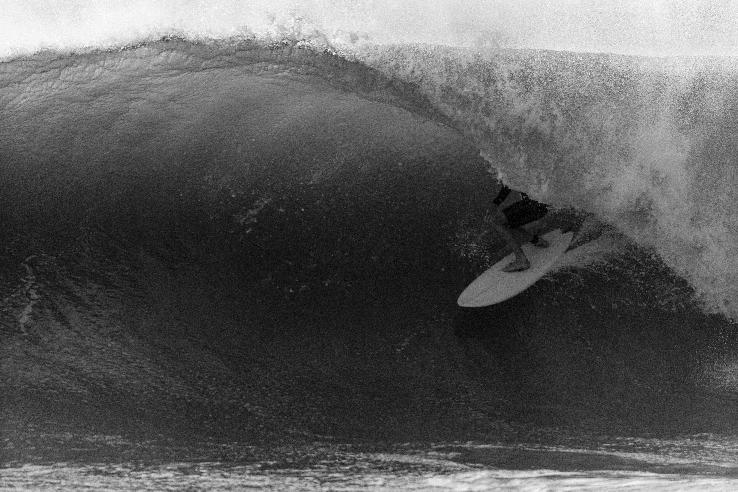
3 minute read
MarlonWilliams
Just the pub culture. The pub gigging culture. Since I left high school I sort of hit the threshold of every small venue in the country to play at. I gravitated towards the idea of being able to do a tour of Fitzroy for weeks. You can go around and really build an audience in the way I wanted to do it, that grassroots intimate level, playing as much as I could in as many places I could. So, I guess the main difference is the size.
Yeah, I guess I’ve never really thought about the size of your country relative to when you’re trying to launch a career.
Advertisement
Yeah.
Can you tell me about that and how you’re integrating Māori components into your music for us in Australia who might not be so familiar with what Māori music entails?
Since European colonisation, when Western harmonies came to New Zealand, Māori culture really embraced that and made it into something of their own. I grew up going to the Marae (meeting grounds), going to the meeting houses, learning how to improvise harmony and finding our own spot. It really set me in good stead for a music career based in harmony.
Are there components of Māori harmony that are different to New Zealand to Western harmony?
Without the risk of getting a bit technical, all across the Islands and the Pacific, there’s a real love for ninths and sixes cluster chords. To talk about them tonely you can sort of throw in any note and it makes sense within the chord so it’s a very stacked and thick style of harmony singing.
Has your life changed since A Star Is Born? Do you get recognised in the street?
Weirdly enough, it was such a bizarre and unexpected cameo. Well not that bizarre but it was unexpected. It’s funny because I have friends that I’ve known forever who have watched the film and then I’ll be out with them or something and someone else will recognise me and my friend will be like ‘You’re in A Star Is Born?’
Like they’ve seen it, they know me, and they don’t know that I’m in it. So not really, it more comes up in interviews when it’s a part of the brief. I’m able to sort of slip around.
Do any skills carry over from music into acting?
Yeah, especially as a performer being on stage. At the most fundamental level it’s knowing what holds attention and what the effect timing has on an audience. That’s a really important thing for acting. I came to acting more naturally from music than if I hadn’t. Having toured with Lorde – does she have any funny habits? She’s an intensely private person, which you have to be when you’re a pop star. There’s a lot of magic to her world, she’s very sophisticated into how she performs and what goes into each performance in a way that I am definitely not. So being on tour with her I was constantly in awe of her discipline and focus on ways that I am not. My world is a lot more chaotic than hers when it comes to that stuff. I learnt so much from being around her. She’s very inspiring.
Talking about being chaotic, when do you feel like you produce your best work? When you have time to write or when you’ve got things on the go? Because it seems like you are doing a lot lately.
My best work is done when I’m busy but not too busy. Being in a flow state. I wrote most of my songs when I was working at a dairy packing dollar lolly bags. I just became a verb of doing.
Is there something outside of music and acting that influences your music?
It’s ever-changing. I’m constantly looking for the next shiny thing. At the moment I’m writing an album in Māori. I nearly finished a New Zealand history degree, and it’s got me back in that headspace. A lot of large-scale daydreaming about the bigger picture stuff.
I always like to ask this question but what is the thing that you’re most proud of?
I’m proud and grateful to be able to do this for a career. It’s not a common thing to be able to do this without a side hustle. I’m grateful to a world that has afforded me that time and the privilege of space to do that.
Words by Sam Hetherington




